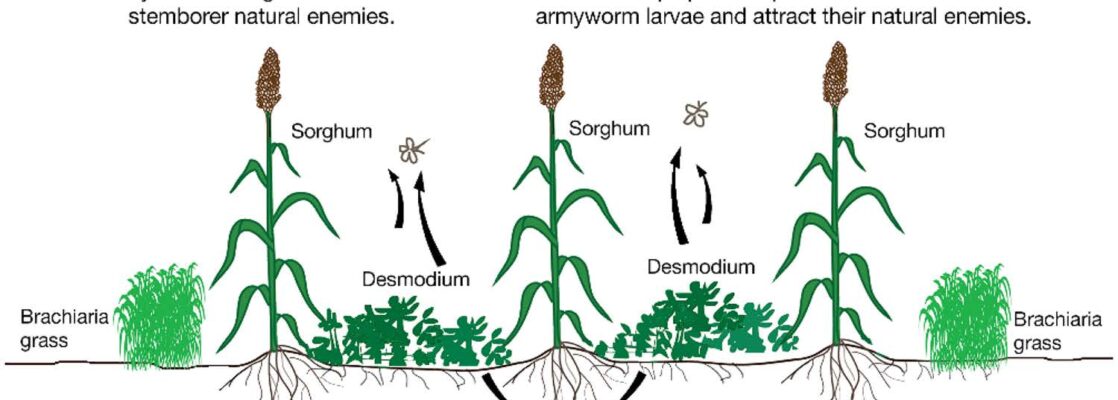Authors
Ellinor Isgren, Yann Clough, Alice Murage, Elina Andersson
Abstract
Agricultural extension, or advisory services, have a key role to play in supporting farmers’ learning and adoption of new practices and technologies. This paper analyses gaps and needs which require addressing in order for extension systems to more effectively contribute to the upscaling of ecological intensification approaches in East African smallholder agriculture. Our starting point is the push-pull technology (PPT), a promising approach. PPT originated in East Africa and is being continuously improved through cycles of interdisciplinary and participatory experimentation. Despite well-documented benefits to farmers and the environment, more institutional support from agricultural extension systems (AES) is needed for PPT to realise significant impact on poverty reduction, food security, and sustainability. Departing from this assessment, we review literature on AES in five East African countries. After clarifying the AES characteristics that ecological intensification
requires, emphasising the capacity to embrace complexity, we identify four thematic areas that are in urgent need of attention: first, widely recognised problems with access and inclusiveness have seen welcome innovation but remain substantial. Second, information and communication technologies provide many benefits and new possibilities, but expectations must be tempered. Third, pluralistic AES present coordination challenges that risk undermining and misdirecting extension. Finally, the political-economic underpinnings of extension require critical scrutiny and strategic interventions. While many challenges threaten extension effectiveness broadly, we highlight implications for ecological intensification approaches like PPT. Our insights thus speak to the broader question of how to design and implement extension for sustainable agricultural development in East Africa.
Available downloads


